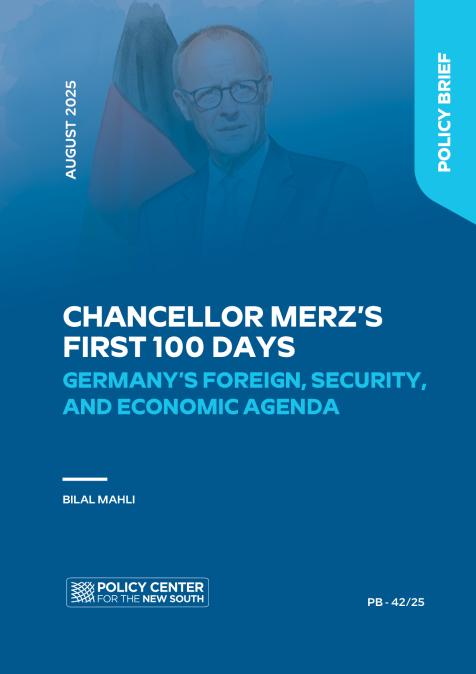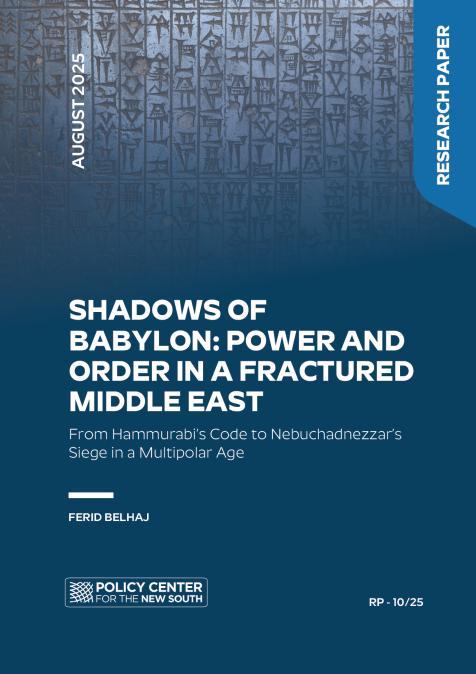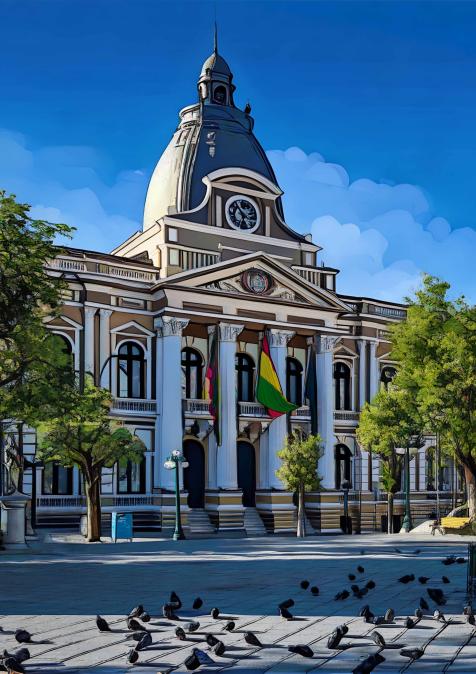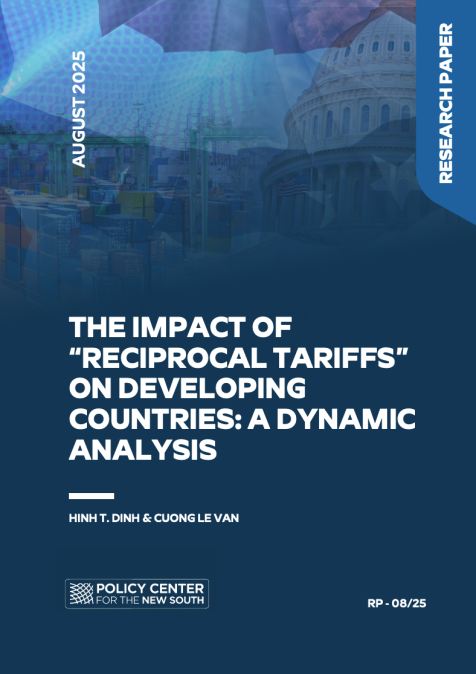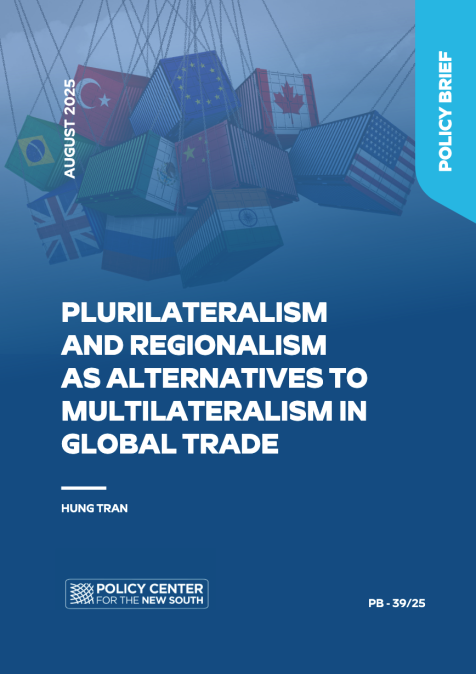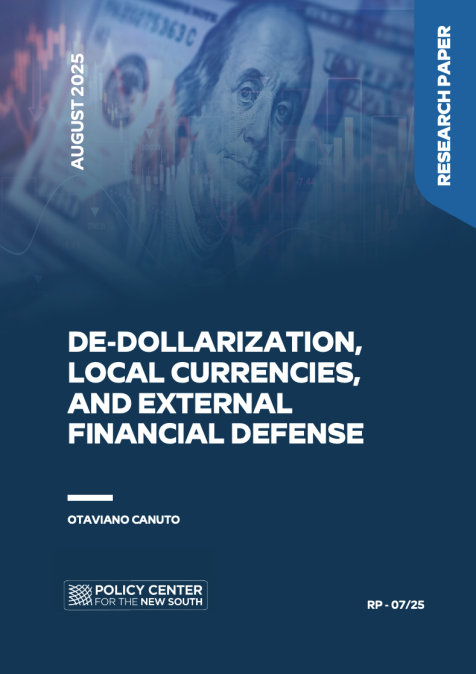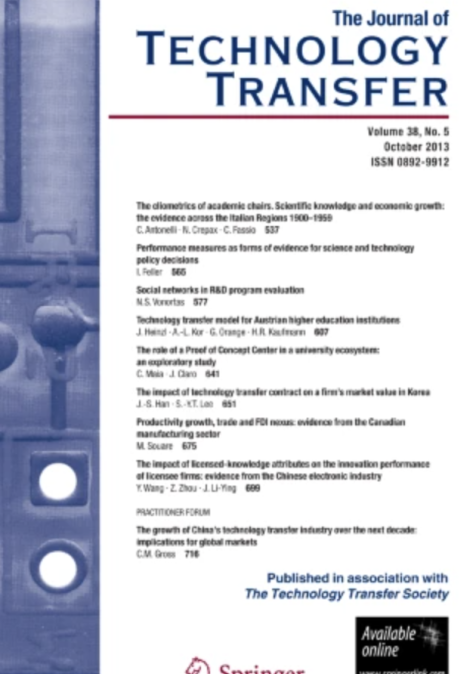The Policy Center for the New South (PCNS), in partnership with the Center for Middle Eastern Studies (ORSAM) will hold a joint panel entitled “Moroccan-Turkish Relations: Current Issues and Future Prospects” scheduled to take place on Thursday, January 14th, 2021 starting 3pm (GMT+1/Morocco time) and 5pm (GMT+3/Turkish time). Moroccan-Turkish economic ties are not new; the first partnership framework facilitating trade and economic relations dates back to 1982. Since then, the two economies have embarked on a series of cooperation agreements ranging from scientific, economic and technical cooperation to reciprocal investment promotion and protection. In particular, the Free Trade Agreement (FTA) between Turkey and Morocco, which entered into force in 2006, aimed to eliminate tariffs and other barriers to exports, expand trade between the two countries, and to promote economic growth for both. The FTA marked a new era in the bilateral economic ties and confirmed both countries’ commitment to trade openness principles and the need to foster economic integration among southern Mediterranean economies. In addition to strengthening bilateral relations, the opportunities for both countries to consolidate their efforts in expanding their presence on the African continent calls for proactive and a joint strategy. Indeed, Africa’s economic development requires increased contribution from emerging powers for technology transfer and bring new alternatives for the continent, aside from traditional economic powers. Based on this background, this webinar will contribute to a better understanding and development of bilateral economic relations between Morocco and Turkey, in light of current international economic challenges and opportunities. 15:00-15:10 Opening speech Bouchra Rahmouni, Director, Research, Partnerships & Events, Policy Center for the New South Ahmed Uysal, Director, Center for Middle Eastern Studies 15:10-15:15 Introduction to the panel Moderator : Rim Berahab, Economist, Policy Center for the New South 15:15-15:45 Debate Speakers Uri Dadush, Senior Fellow, Policy Center for the New South Burhan Koroğlu, Associate Professor, Ibn Haldun University Recep Yorulmaz, Director of Economics Studies, Middle Eastern Studies Center 15:45-16:15 Q&A






